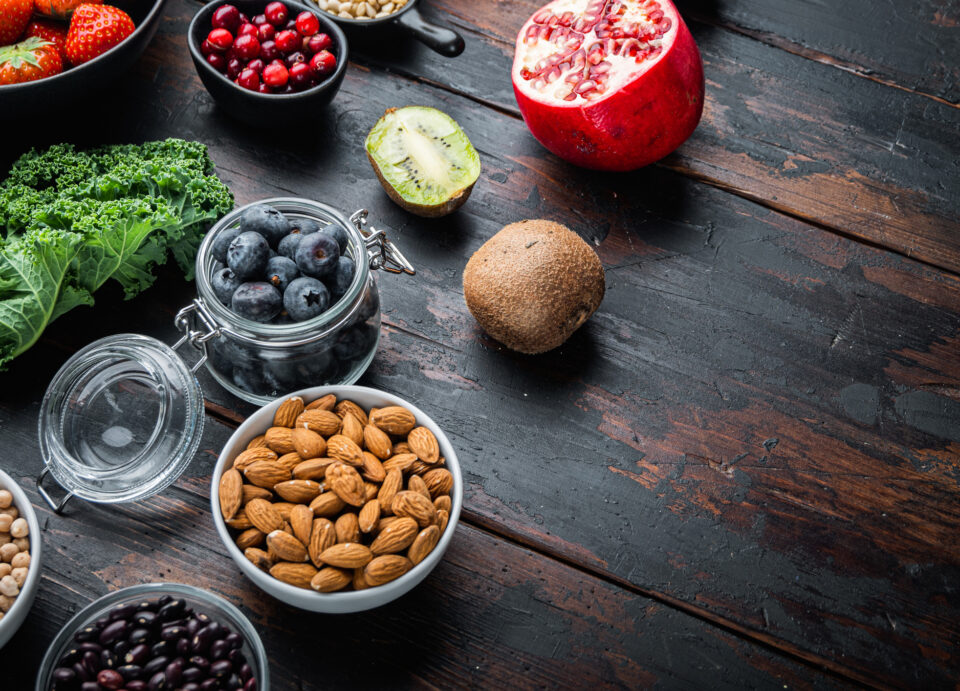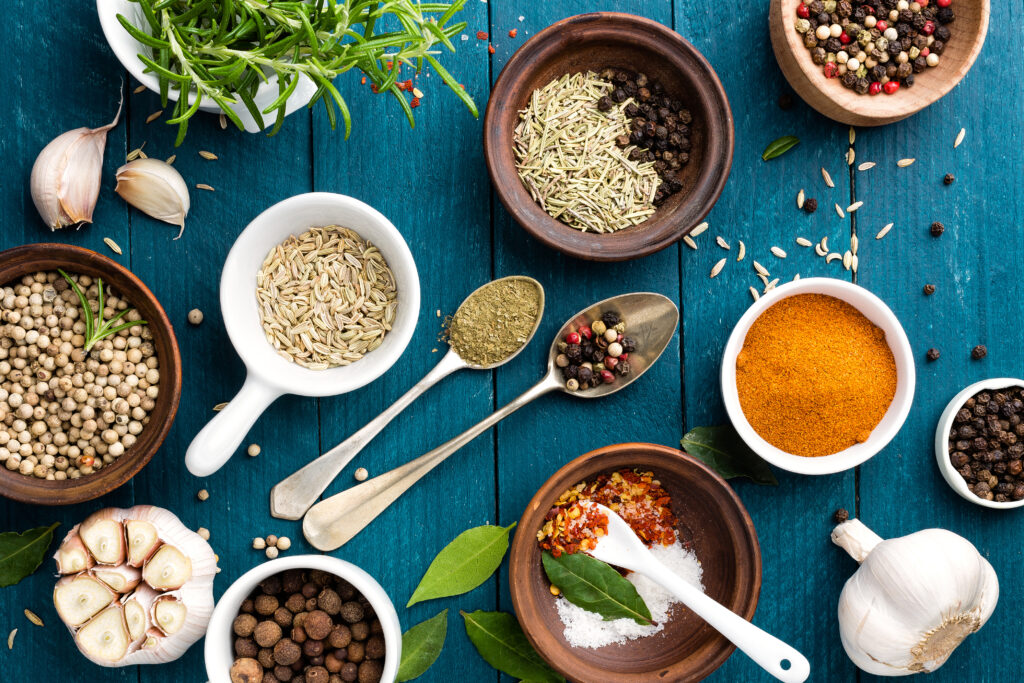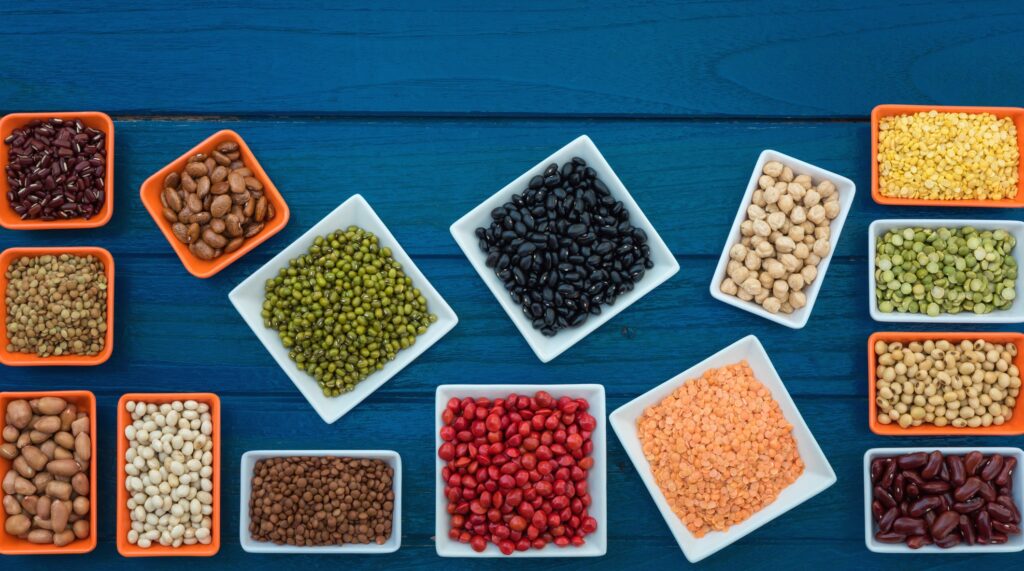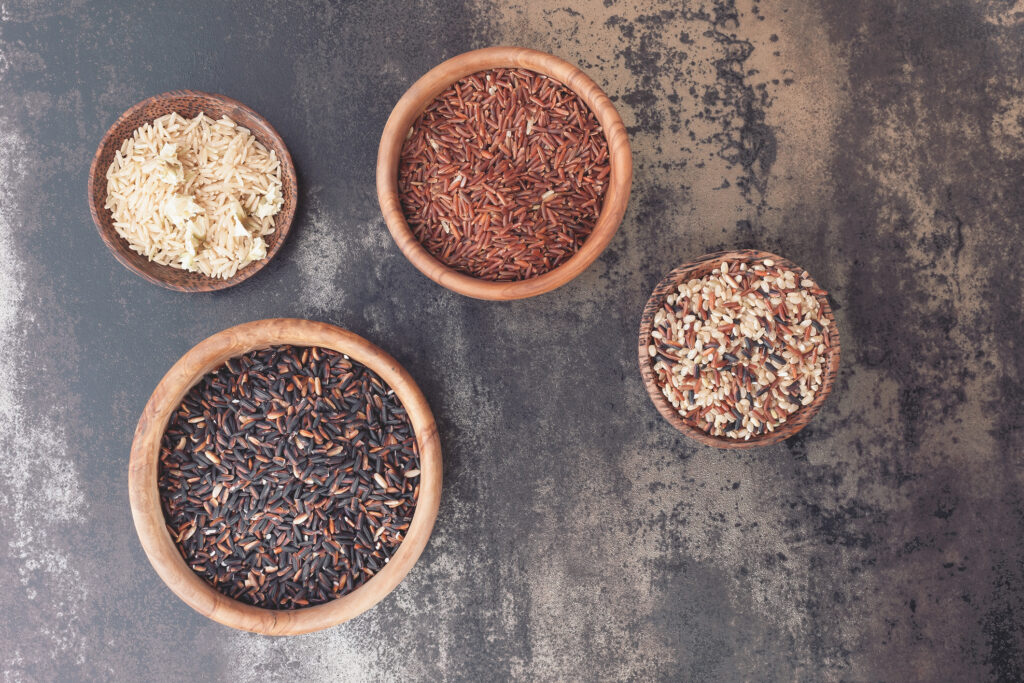How To Support Your Immune System Naturally


 How To Support Your Immune System Naturally
How To Support Your Immune System Naturally
(Boosting your immune system is always important, but as summer vacations come to an end and kids head back to school, fall marks the beginning of flu season. Learning which foods can help keep you well is the focus for the seventh part in our series on the nine benefits at the core of FoodTrients® and all of our recipes. What you eat matters, which is why we’ll explore one of these incredible anti-aging benefits each month and show you how they help fight the diseases of aging.)
Did you know that there are a lot of natural ways to support your body’s immune system? Focusing on nutrition is a great place to start when you’re looking to give your immunity a ‘boost’. The best way to keep this system functioning at its best is to supply it with enough of the nutrients that serve as the building blocks for cells and proteins that help protect you.
There are many nutrients that are necessary for the immune system to function efficiently so let’s take a look at some of the most important immunity boosting FoodTrients® nutrients:
Phytochemicals
Fruits and vegetables are full of vitamins and minerals essential to your health, but there are other chemical compounds known as ‘phytochemicals’ or plant chemicals in them that provide health benefits. Certain antioxidants are associated with the different colors of plants and those phytochemicals are responsible for the immune boosting benefits when you eat them.
Here’s a list of the top phytochemicals that support immune function:
|
Phytochemical |
Type | Body Function | Food sources |
| Allicin | aromatic | antioxidant | garlic, onion |
| Anthocyanins | Color: pigment
(blue/purple) |
antioxidant | berries, black beans, currants, eggplant, grapes, plums, pomegranate, red cabbage, red onions |
| Carotenoids | Color: pigment
(orange/yellow) |
supports vitamin A production | apricot, broccoli, carrots, cantaloupe, dark leafy veg, pumpkin, sweet potatoes |
| Eugenol | aromatic | antioxidant
anti-inflammatory |
cinnamon, cloves/clove oil |
| Quercetin | Color: pigment (yellow/white) |
antioxidant | berries, cherries, broccoli, citrus, grapes, onions |
Nutrients for immune cell creation and function
The immune system needs fuel in order to function properly; that fuel comes from food. There are many nutrients necessary for the creation of immune system cells including vitamins A and C, and minerals like iodine and zinc. These nutrients all function as antioxidants, but are also key elements necessary for proper immune cell function. Many of the cells created by the immune system are dependent on the availability of these vitamins for both their structure and function.
| Nutrients | Food sources |
| Iodine | almonds, cashews, peanuts, seaweed, sea salt, iodized salt, walnuts |
| Vitamins A + C | apricots, bell peppers, berries, broccoli, cantaloupe, carrots, dark leafy veggies, pumpkin, red cabbage, sweet potato, tomatoes |
| Zinc | blueberries, broccoli, cherry tomatoes, kidney beans, lentils, oats, peanuts, pumpkin seeds, rice, whole grains |
Gut health and the immune system
Did you know that 70-80% of your immune system is found in your digestive system? There are three main ways that the gastro-intestinal (GI) tract protects you from pathogens: the microbiome (good gut bacteria), the intestinal lining, and the mucosal immune system. This is how your gut health affects your immune system:
Microbiome: The “good” bacteria that humans have co-evolved with that have a mutually beneficial relationship. The host (YOU!) provides the right environment for these organisms via eating a high fiber diet full of plants which in return provides you with benefits like assisting our immune systems in defense against pathogens.
Mucosal immune system: a mucus lining in the gut acts as the first defense for preventing pathogens from reaching intestinal tissue. It provides a physical barrier and also holds immune cells that act as defense against harmful organisms.
Intestinal lining: the tissues that line the intestines are full of gut-associated lymphoid tissue (GALT), which also acts as a physical barrier to prevent pathogens from escaping the GI to reach other internal tissues where they may potentially cause infection.
The microbiome grows and develops depending on how you treat it. While there are factors that can affect your microbiome such as age and genetics, there are many external ways you can help your gut by providing nutrients and prebiotics to support the success of the existing populations of beneficial organisms.
These systems work hard together to create a powerful part of your immune system. The foods you eat matter a lot and a high fiber diet full of whole grains, fruits, veggies, and beans/legumes/soy foods are what helps it function smoothly.
Immune benefits of prebiotics:
Think of prebiotics as fertilizer for your good bacteria colonies in the gut. Prebiotics are a non-digestible compound found in food that can then be fermented by the microbiome for fuel. Many prebiotics are also types of fiber which ‘feed’ the gut microbiome. In short, probiotics are the good bacteria and prebiotics are the fuel.
Prebiotic foods:
| Beans/Legumes | Chickpeas, kidney beans, lentils (especially red and pink), soybeans/edamame |
| Fruits | apples, bananas, grapefruit, nectarines, persimmons, pomegranate, watermelon, white peaches, grapefruit |
| Grains | barley, couscous, millet, oats, rye, spelt, wheat |
| Veggies | asparagus, beetroot, cabbage, chicory root, eggplant, fennel, garlic, Jerusalem artichoke, leeks, mushrooms, onions, radicchio, snow peas, spring onion |
Immunity boosting supplements:
A plant-based diet focusing on functional foods provides a large variety of key immune boosting nutrients and plant chemicals, while also supporting the good gut bacteria with high fiber as well. Most people can get the nutrients they need through food. However, it’s undeniable that there are a lot of immune boosting supplements out on the market. Vitamin C, elderberry, mushrooms, and beyond; you’ve likely noticed a large section at your local health food or grocery store committed to boosting the immune system. Keep in mind that studies have clearly shown that unless you have an outright deficiency in a nutrient that a supplement could help, it’s best to focus on getting enough nutrients through food in a natural way. More isn’t necessarily better when it comes to nutrients that support the immune system!
Learn more about FoodTrients’ nine benefits with these additional articles from our nutritionist Ginger Hultin:
 Anti-Inflammatory
Anti-Inflammatory
Anti-Inflammatory Foods: the Top 10
 Antioxidants
Antioxidants
Antioxidants Help Slow Down Premature Aging
 Beauty
Beauty
Beauty Is So Much More Than Skin Deep
 Detox
Detox
Which Foods Are Best To Help You Detox?
 Disease Prevention
Disease Prevention
Meet the Best Foods for Disease Prevention
 Gut health
Gut health
Good Gut Health Helps Prevent Diseases – FoodTrients
 Immunity Booster
Immunity Booster
How To Support Your Immune System Naturally
Resources:
-
Childs CE, Calder PC, Miles EA. Diet and immune function. Nutrients. 2019;16;11(8):1933. https://www.mdpi.com/2072-6643/13/3/886
-
Holscher HD. Dietary fiber and prebiotics and the gastrointestinal microbiota. Gut Microbes. 2017;8(2):172-184.


